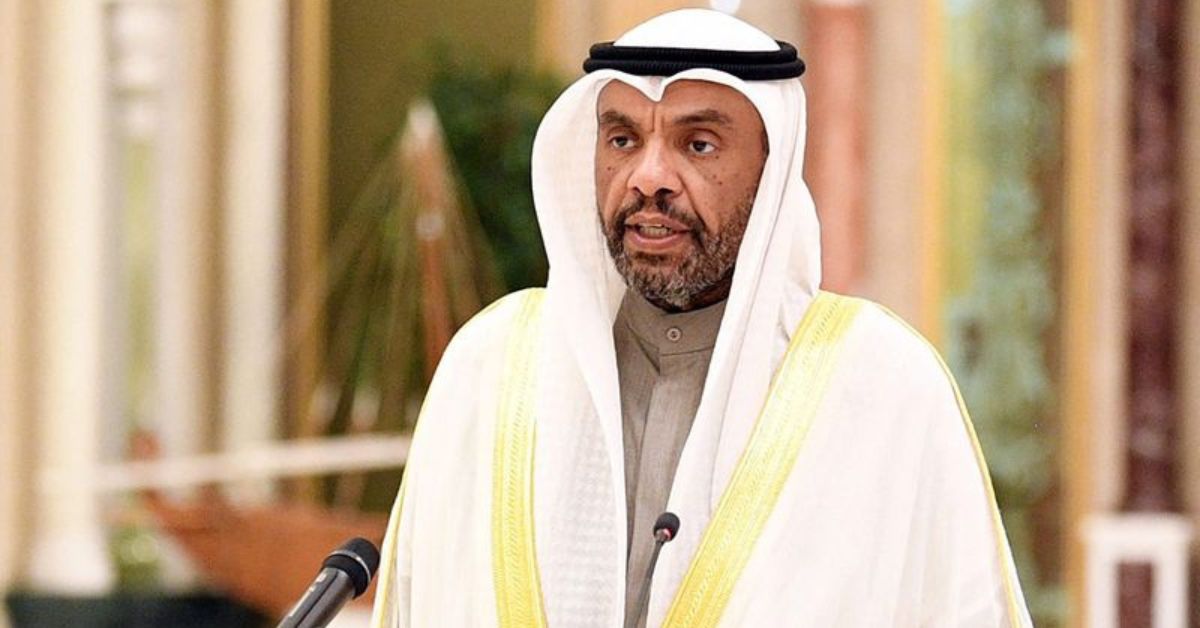Kuwait City, Kuwait — Kuwait’s new emir announced an era of “reform” as a government including the first foreign minister from outside the ruling family took the oath of office on Wednesday.
Abdullah al-Yahya, a former ambassador to Argentina, was named in the coveted role as part of a hand-picked cabinet of 13 led by Prime Minister Sheikh Mohammed Sabah al-Salem Al-Sabah.
It is the first government under emir Sheikh Meshal al-Ahmed Al-Sabah, who came to power last month after the death of his predecessor and half-brother at 86.
Only two cabinet members are from the ruling family: Sheikh Fahad Yousef Al-Sabah, who becomes defense minister and acting interior minister, and Sheikh Firas Saud Al-Malik Al-Sabah, the minister of social affairs and acting minister of state for cabinet affairs.
Nura al-Mashaan, the sole woman, is the new public works and municipal affairs minister, and Dawood Suleiman Marafi, the youngest minister at 42, holds three portfolios — National Assembly affairs, communications, and youth affairs.
“I am pleased to meet with you after you have taken the constitutional oath, marking the commencement of your duties in a phase whose title is reform and development,” the emir told the new government.
In his inaugural speech last month, Sheikh Meshal had strongly criticized the recurring political crises that have long frustrated Kuwaitis.
The OPEC member, home to seven percent of the world’s oil reserves, has the Gulf’s most powerful parliament but suffers chronic legislative deadlock due to stand-offs with the appointed cabinet.
Since Kuwait adopted a parliamentary system in 1962, the parliament has been dissolved around a dozen times, and last year’s elections were the seventh in just over a decade.








